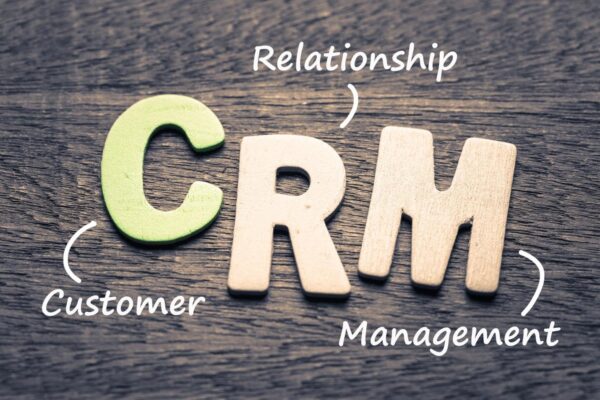Customer outreach is an important part of building your business. How is your company relating with consumers to grow loyal customers? The latest technology makes communicating easier for you to improve customer relationships.
Research shows increasing demand for Customer Relationship Management (CRM) solutions. The CRM market valued at $43.7 billion in 2020 and expects continued growth. The 2028 predicted value of CRM is $96.5 billion.
CRM assists with sales, marketing, and service. Using CRM automation your business can better connect with customers. Let’s take a closer look at Customer Relationship Management.
The CRM Process
Customer Relationship Management (CRM) is a business strategy. It’s how your business can identify prospective customers.
CRM solutions give you the ability to organize customer profiles. They also help market your products and services based on those profiles.
CRM systems provide a centralized collection of customer data. They give employees instant access to customers’ contact information, shopping preferences, and feedback. CRM systems allow communication with customers and among employees.
The main goal of CRM software is to improve business relationships. Happy customers result in satisfaction and loyalty. These are some of the ways CRM supports those efforts:
Lead Generation
Increasing customers requires the collection of data on leads’ interactions. CRM makes the data accessible to your sales team in one location.
Marketing Automation
CRM helps automate emails to consumers. The system sends emails according to a customer’s status in the sales lifecycle
Sales Automation
Tracking leads in CRM help progress them through the sales cycle. It aids in converting leads into loyal customers.
Workflow Automation
You can program CRM to automate tasks. Automated tasks improve business performance to help meet goals.
Data Analytics
Artificial Intelligence (AI) performs predictive analysis based on customer buying trends. Doing so allows for the automation of target marketing.
CRM tools allow you to streamline activities. That way employees devote their time to more critical tasks.
Implementing CRM
CRM system implementation requires change management. But before getting started, ensure decision-makers agree on the new process proposal. CRM implementation projects likely fail without management support.
CRM implementation companies can assist you in the process. But you should assign a project manager and team to advocate for the new system.
Before getting started identify a power user; the person considered a subject-matter expert. That person can provide insight into how their team currently functions. They can also test CRM capabilities to confirm compatibility with established processes.
Prior to system launch make certain reference material exist. It should detail the CRM process and procedures. And be sure to train employee personnel in using the system. Going live is one milestone; employee adoption is another.
Benefits of CRM
More businesses use CRM for one reason—it works. The following list highlights several benefits you can expect from your CRM system:
- Reduced operational costs by automating processes. You no longer have to depend on employees to perform certain routine tasks
- Increased customer base by tracking and following up with leads. That helps convert leads to loyal customers
- Increased sales volume with an improved consumer experience. That’s what encourages repeat sales from loyal customers.
Find Your Customer Relationship Management Solution
Now you understand how Customer Relationship Management works to enhance operations. It’s time to compare CRM solutions to see which works best for your business. With the process improvements and other benefits of CRM, the system pays for itself.







